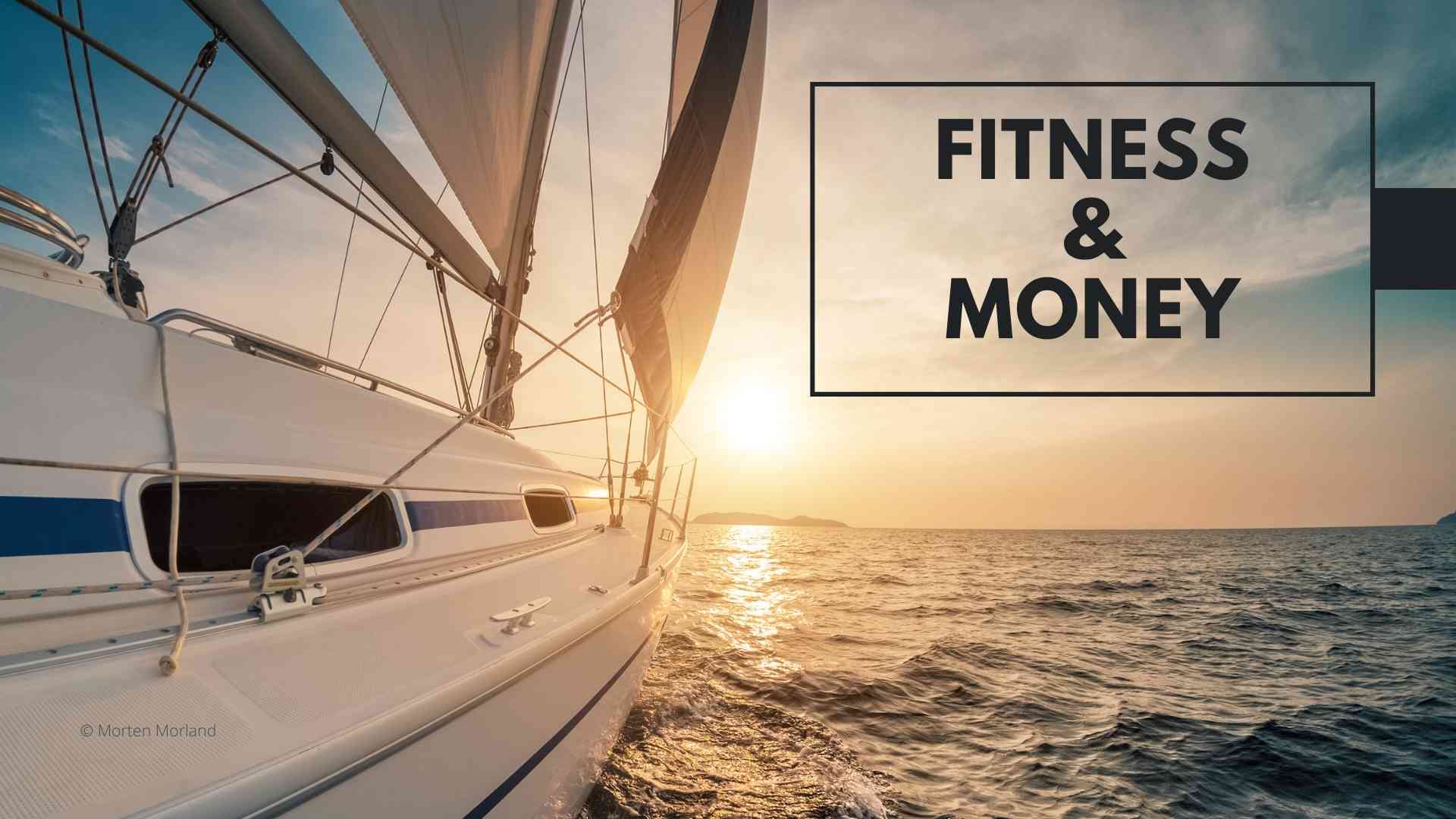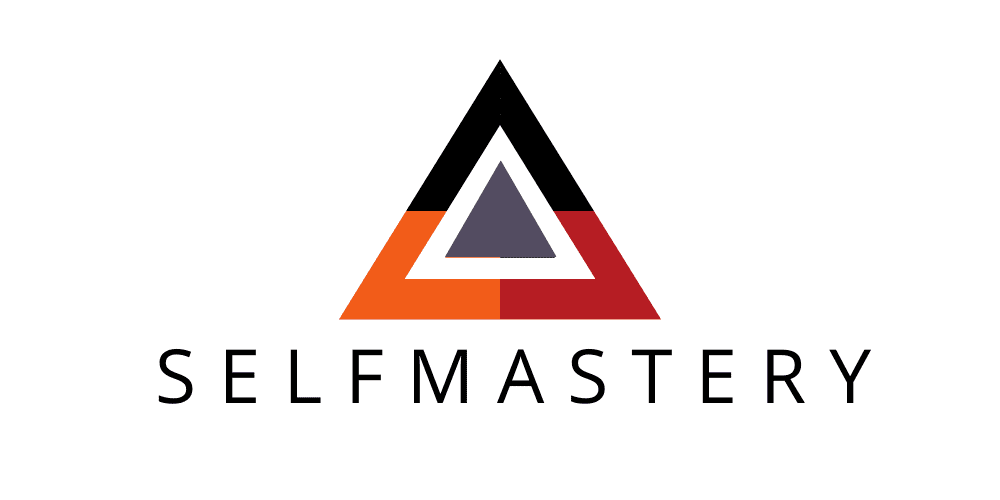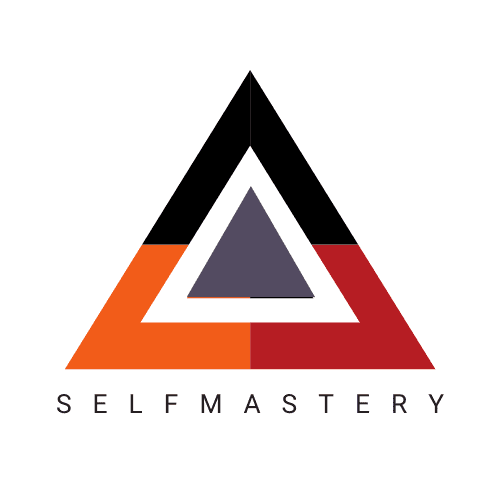
26 Oct Fitness and Money
There is this recurrent image in my head that warms up my heart with joy. I walk every morning with Florence, my dog, and Elías, my son, to Liberty Park here in SLC. We do one lap around the park and then come back home. They put up with my love to always do the same route, at the same time, at the same pace. Elías is attached to me inside of this fancy baby cargo that for whatever reason always feels to me as if I have duct-taped him to my belly. When I am passing by the biggest trees in the park I always look at him and he smiles back. It is a brief moment. I know it will not last for too long. I really just wish I could film it to share with you.
In one of those walks, I made one of the best decisions I have ever made. For the last ten years or so I have been working six days a week, with Sunday being my longest working day, and Saturday a hard no-work day. I have never felt pride in that. Quite the opposite, it always bothered me. It makes me feel I’m a hypocrite. I am always coaching people on the value of rest, recovery, time for connection and contemplation, and I was just not doing that. But when Elías smiled back that one time and I realized the only time I was spending with him was that repetitive walk, things clicked. I moved all my things and decided to give myself Friday’s off apart from two coaching calls I do while he is asleep.
It was not as hard as I thought. Nor logistically, nor emotionally. My business did not crumble. The few athletes I had to move around, did not bat an eye. They respected my integrity. “It took me too long to do this” I thought. The second thing I thought was: “Emmas is always right, effing spouses!”
However, the main realization I had was: “I am wealthy. I am fucking wealthy!” I am not talking about the size of my portfolio or my bank account. For me wealth is the ability to own my time. The ability to choose how I *spend* my life. Wealth buys me free time, and free time is freedom.
This realization was fundamental to me because the main guiding principle in my personal fitness regimen is also that of freedom. I train so that I can have autonomy of movement and so that I am free. I want to be able to do pretty much whatever I want, whenever I want –as long as Emma and Flo approve of course. On the one side, that principle has guided me to prioritize good mobility and good form. For me being able to squat very heavy is only good if I can also produce force in a full range of motion and my joints are healthy. It is not good for me to be able to move 400 pounds if that means when I am monkeying around with Flo I cannot go to full depth on one leg because my ankles are so stiff. I love running and endurance work, but not so much so that I am oxidizing all the time with long grueling workouts. If I do that I will be super inflamed and I will have to spend more on recovery. The time demands of that are so high that then I stop owning my time, and with it my freedom. I love CrossFit and I am an avid practitioner, but I don’t care about comparing myself with others. Not because I would not want to crush my friends with my amazing fitness, and get that boost –I have a big ego. Because I know the moment I start stressing about that, my energy will be drained and that will take all my headspace, and bam! Just like that, I will lose my peace of mind, and with it my freedom.
That principle also allows me to not overdo it nor underdo it. It is not worth it to me. If I am sore all the time because I am training so hard and my daily movement is restricted because all my muscles hurt to the touch, well, yes, now I cannot do whatever I want, because this or that aches. And on the other hand, if I am out of shape, and I am not able to play with Elías a soccer match, then I will know I will have failed as the true Santa Fe fan I am. That principle keeps me in check. For me, it translates to pretty much six training sessions a week that last around one hour, and where I am intentional and deliberate AF.
The analogy between wealth and fitness is very enlightening. I find that the psychology of both things is very similar and yet we don’t normally connect them. As with many other domains I know people that can have an amazing growth and prosperity mindset on the one side and a fixed and scarcity on the other. Because the behaviors around money and wealth are much better studied and researched than those around fitness, I decided to bring some of what we know from the financial side of life to the fitness side of life. My objective is that with these principles you can better approach your fitness. (Check this book, on which I took many of the ideas below)
The five money principles that will make you jacked and lean … kind of.
- The hardest financial skill is getting the post-goal to stop moving (Morgan Housel).
For the person that has the know-how to make lots of money it is very hard to stop making money or wanting more money. That leads to nowhere good. Defining what is enough is fundamental. Otherwise, you end up risking what you have and need for what you don’t have and don’t need.
With fitness, the same applies. The problem is the know-how to create fitness for yourself is much easier to access than the know-how to produce a lot of money. And so it is so much more common to get trapped in a never-ending race with a post-goal that’s always moving. In fitness, people tend to believe that enough is a negative concept. That being content is synonymous with quitting. For most, it means that you stop trying or don’t work hard anymore. Because of this, what starts as the project of just feeling better and moving more becomes an unsatisfying contest to accumulate more and more.
The funny thing is that most of us don’t get really trapped in the money race. Most likely because we don’t have the know-how to get in the race. That’s an advantage. Financially you can easily define what’s enough for you. Doing so most likely will not generate the feeling you are settling, quitting, or imply that somehow you will stop working or being good at your job and at your financial habits. Use that same mindset in your fitness and define what is enough. Hint, flip your thinking around. Think about how much time and resources you are willing to spend on your fitness, not how much fitness you would like to accumulate.
- Confidence increases much faster than skill (Ethan Mollick)
Financially this is uber problematic and pervasive. A tad of experience makes the beginner feel they know something. The problem is that finances are a long term endeavor, and so confusing a few strokes of luck with knowledge can lead to wasting a lot of money. This is where bubbles and pyramids’ schemes rely upon. One inexperienced person that has a small success, becomes uber-confident and convinces the herd. The rest is bitcoin history.
Your body is an adaptation machine, and it is super grateful. The more out of shape you are the faster you will see small improvements, regardless of what you do. This creates overconfident athletes. I find this to be true for most of my crossfitters. The initial years of beginner improvements are confused with knowledge. Then when the beginner stage is surpassed and the real skills need to be honed and polished, the athlete is not ready. They think they know more than they do. “Alexander Pope suggested the best remedy for this (…) when he said that if a few shallow draughts of experience intoxicate the brain, the only cure was to continue drinking until we are sober again.” (Sanchez)
- Rich ≠ Wealthy
When most of us think about financial wealth, we imagine a yacht, a party with models, and zooming on the highway in a Bentley while listening to J Balvin. Okay, maybe that’s just me, but you get the point. We don’t think wealth as: living below our means, saving money and investing in assets that will produce you more money. In other words we see the ability to spend money and not the ability to create more money. We confuse being rich with being wealthy. And so we end up chasing the ability to spend instead of the ability to produce. This can be very problematic.
That clarification is commonplace when it comes to money, but it is not so clear when it comes to fitness. It works this way.
Most people will look up to somebody that is fitter than them and try to emulate what they are doing (a rich person in fitness terms). This inevitably ends up in trying to push too hard, too often, for too long and too soon. It is like looking up to a wealthy person, and thinking that in order to get where they are you should spend money as they do. But doing your spending as if your wallet held the money of some rich person is not the way to get you more money. The same applies to fitness. Instead of looking up at what that fitter person is doing or can do right now, focus on what they did to get there. Ask what they were doing where they were at your level and emulate that!
- Comparison is the Thief of all Joy (My grandma Cecilia, and other peoples)
This one is so super hard. Especially if you like to compete. And yet it applies to everybody, and especially to competitors. The moment you let comparison stress you is the moment your capacity diminishes. Comparison is always a minus, even if you are winning. When I was a younger coach I would tell my athletes: “hey if you can do an overhead squat with good form, you are by far in way better shape than most humans in the world.” It never made anybody feel any better. Because being better than others brings you no real benefit.
When your drive is to be better than others, then you are back to point 1. The goal post will always be moving, because there will always be somebody in front of you. Housel has an awesome framework on how to deal with comparison with money, it goes like this:
Not caring what people think
⬇
desiring less
⬇
spending less
⬇
saving more money
⬇
ability to create wealth
In fitness this would translate to something like this:
Not caring how your fitness compares to others
⬇
Focusing on what you need to improve based on your goals and experience instead of trying to match somebody else’s level
⬇
More intentional and accurate work
⬇
Less unproductive stress, more productive stress
⬇
More fitness
- Nothing is free
When I was an exchange student in 2004, I accumulated 5 credit cards. I was studying math at the University of Oklahoma. I was very, very broke, and could not work because of visa regulations. Getting a credit card was probably the worst thing I could do to my finances. But every Friday at 3:00 PM in front of the Math department building they will offer a “free” Papa John’s pizza if you signed up for a credit card. I think the whole idea of free pizza was new to me. A credit card that only required a name and phone number sounded even more bizarre. Mano, los gringos tienen mucha plata! But I love pizza and I had no money. So I got myself five delicious pizzas for the price of five credit cards. At that moment I didn’t realize how effed up it was I wasn’t able to work because of my visa, but I could get in as much debt as I could with exactly zero barriers. Later when I moved to the U.S. in 2008, I absolutely did.
Two strokes of luck saved me. First, I was smart enough to cancel each credit card the very next week I got it. Second, when I was about to sign up for my sixth credit card, a dear graduate student friend saw me and explained what I was doing to my credit score.. He finished his spiel with the adage: “there is no free food in America, Juan.” It might sound silly to you, but to me it was a deep discovery. Until then I thought of the U.S. as a great country, even though ignorant of the rest of the world. I thought the U.S. treated the rest of the world like garbage but they would treat its own citizens with love and respect. Boy was I cute!
To this day I have that phrase tattooed in the inside of my forehead, there is indeed no free food in America. Nor anywhere else for that matter. In physics we call it Newton’s Third Law, and some consider this the core of Economics.
In fitness this is the same. Most people think this way: if I want to get fitter I need to work more. For them training is the cost of gainz. The only cost of fitness is the number of reps and the amount of effort. That’s the exchange. Naturally they neglect everything else. But that’s not how it works, training also has a cost. It doesn’t come for free. You need to buy it with good sleep, good nutrition and deep and edifying personal relationships. If you are not willing to pay those costs, training will not build you up, it will drain you and bring you down.
There are no free reps in the gym –it is corny, but we’ll leave it there. ¯\_(ツ)_/¯
One cool task you can do is to repeat this experiment with nutrition and sleep. In this case the goal of good sleep would be independence, and the goal of good nutrition would be freedom. But that’s the topic for another blog post or two.
But now I have to go. I am going to finish my Thursday and get ready. I have a big day tomorrow. I am teaching Elías how to climb the stairs, I am wealthy as fuck.


